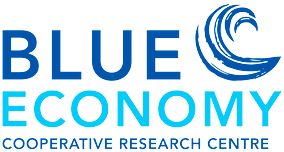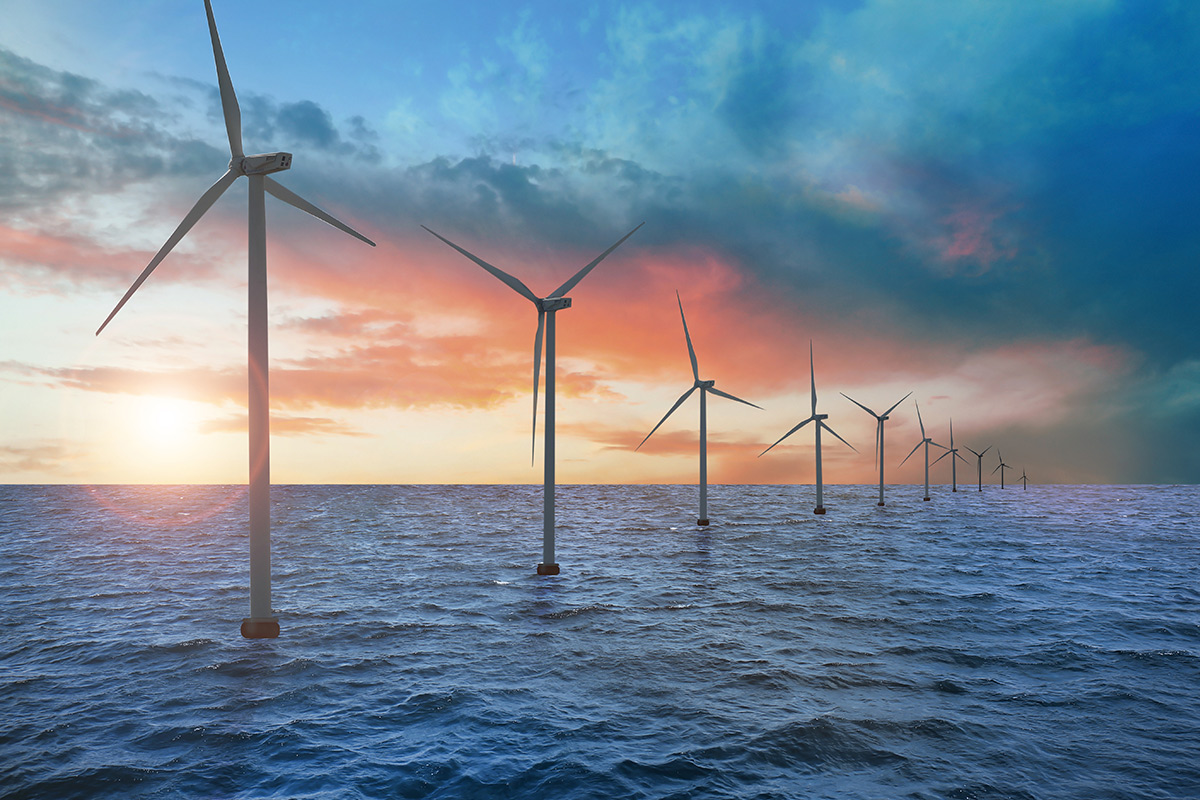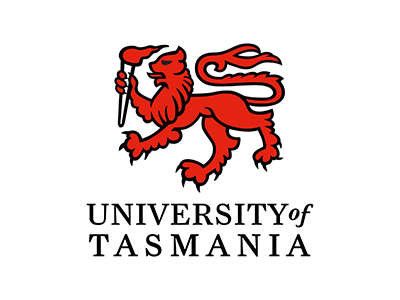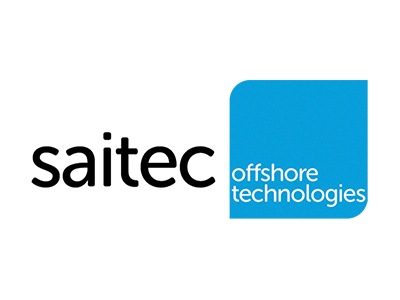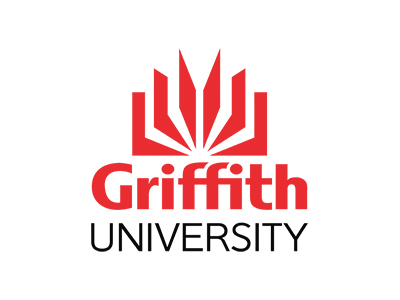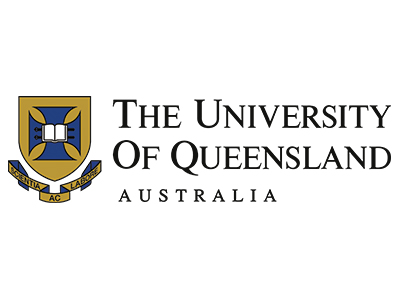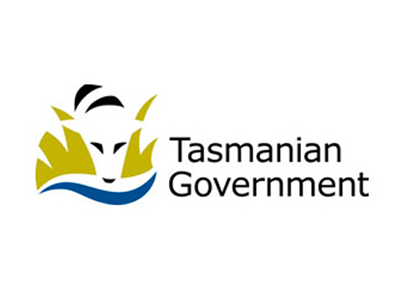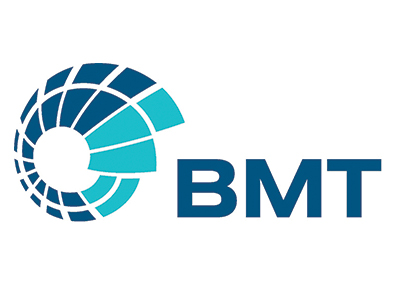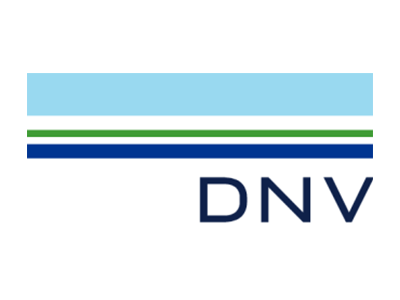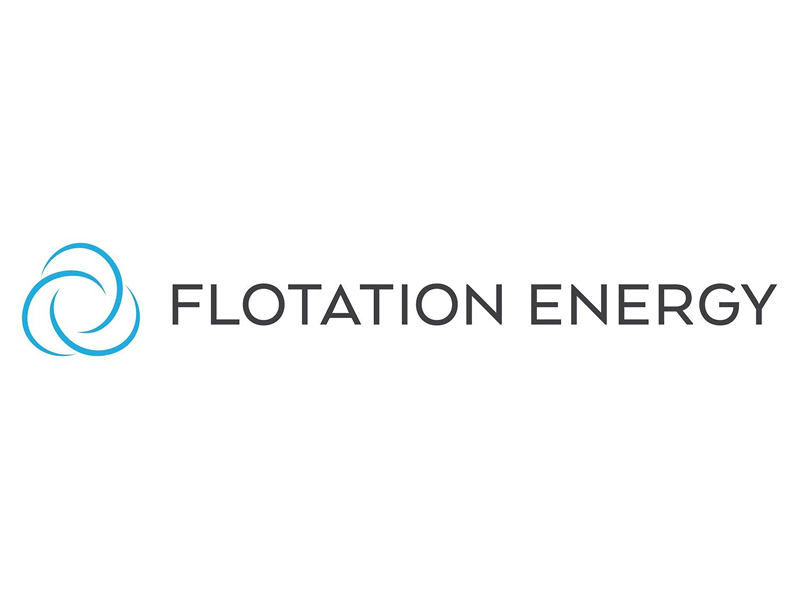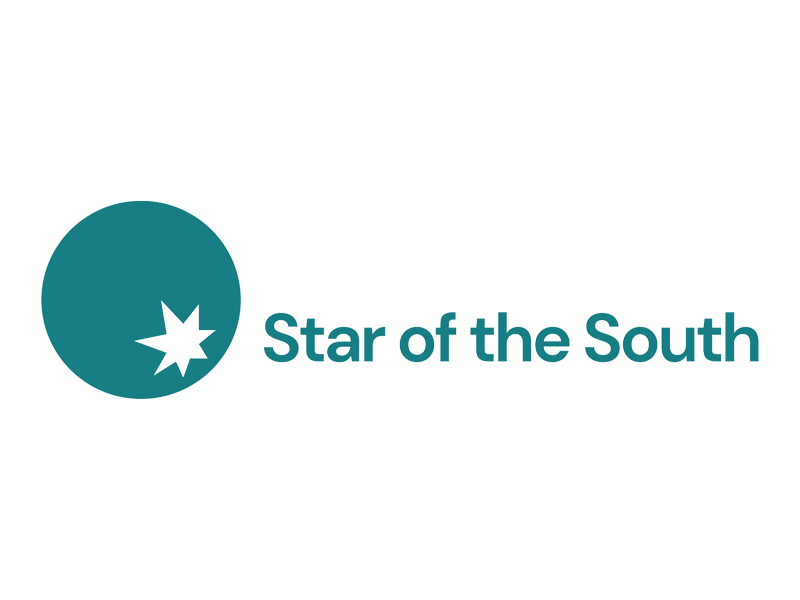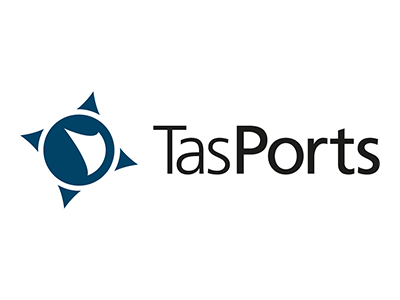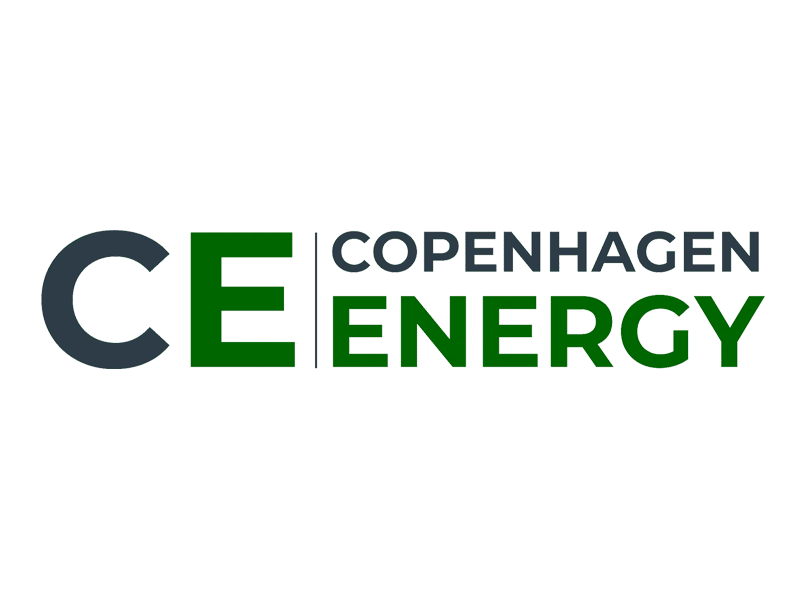Research Program
PROJECT LEADER
PROJECT ID
5.22.001
BECRC PARTNERS
BMT
DNV Australia
Griffith University
Saitec
SINTEF
State Government of Tasmania
Universidad Austral de Chile
University of Queensland
UTAS
THIRD PARTY PARTICIPANTS
Nexsphere
Flotation Energy
Star of the South
Tasmanian Ports Corporation
Copenhagen Energy Australia
START DATE
March 2023
END DATE
December 2025
DURATION
36 months
PROJECT IN BRIEF
BE CRC research has highlighted the potential of offshore wind in Australia’s future energy planning. With suitable sites located across all Australian states, offshore wind promises to establish Australia as an ‘energy superpower’.
In early August 2022 the Australian government announced the first six areas for offshore wind project proposals. Across four work packages, this project addresses industry needs regarding social acceptability, law and policy settings, and supply chain operations.
With the passage of recent legislation, Australia’s offshore wind energy industry is poised to grow over the coming years.
To realise the industry’s promise, and avoid costly social and legal disruptions and environmental challenges that have accompanied other offshore industries, planning and development in key knowledge areas is critical.
This project provides an opportunity for the BE CRC and industry partners to seize the opportunity provided by recent legislation to build efficacy, integrity and good governance into Australia’s burgeoning offshore wind power industry.
This project aims to:
- Identify best practices in policy and regulatory processes applicable to offshore wind development that may be considered in the Australian policy and regulatory context.
- Identify key elements of social acceptability for offshore wind development and assist industry in addressing an integrated integrity system approach to offshore wind projects.
- Identify supply chain systems for the development of offshore wind industry and provide strategic direction.
The synthesis of this research will:
- Provide resources ensuring industry practitioners wanting to build robust social support and pursue ethical best practice will be well-placed to do so, including by building engagement with community, and having clarity about the way policy and regulation can work to deliver the ethical promise of offshore wind.
- Improve knowledge of policy and regulatory arrangements, social values and supply chain issues that apply to offshore wind energy developments in Australia.
- Benefit end-users, including offshore wind project proponents who currently need to deal with a complex and regulatory and policy framework, policymakers tasked implementing new management arrangements as well as understanding knowledge gaps to facilitate offshore energy deployment.
- Improve the understanding of key elements in the management of offshore wind developments will enhance new investments and, therefore, contribute to the realisation of Australia’s offshore wind energy potential.
